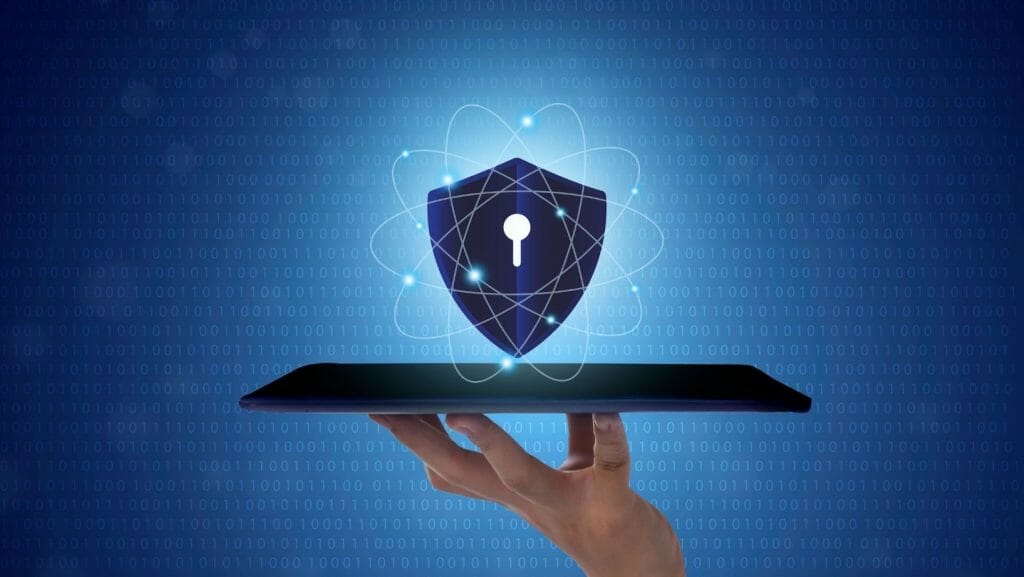Attracting unwanted cybersecurity threats, such as malware or viruses, on your device can lead to specific problems.
For example, some threats expose information while others straight-up delete data.
There are also viruses that are known to cause performance problems. If you have a computer, you can expect to experience random crashes and freezes. For laptop owners, a poor battery lifespan can be a problem as well, and fixing the issue is not that straightforward.
That said, there are ways to take some action and prevent cybersecurity threats from causing you problems. If you want to create a proper cybersecurity strategy and protect yourself and your devices, follow the tips below.
Start by Relying on Antivirus Software
Reliable antivirus software is and should be a foundation for a good cybersecurity strategy. You might have one on your computer, but what about a smartphone or tablet? Sure, anti-malware tools are not the most popular application type for mobile devices, but they still exist.
Antivirus software should be running in the background so long as the device is on, even if it is idle. It is more or less impossible to predict when a potential threat might attack, but having a security layer in the form of antivirus software helps because it spots and deletes malware and viruses before they manifest.
Mobile Device Management software can be used to manage user access and configure security settings on secure mobile devices.

Be Smarter About Your Online Passwords
You probably have multiple online profiles, and it is likely that you use the same password for some, if not all, of them. This kind of approach is not good for you because exposing a password for one profile exposes passwords for every account.
To improve the password policy, use password generators online and try to memorize difficult combinations. If the memorization is too much to handle, get a password manager app on your smartphone so that you can access the login details.
Avoid Public Internet Networks
As a rule of thumb, you are better off avoiding public Wi-Fi even if it is convenient to use it. More often than not, these networks lack the necessary security elements and are a great target for hackers who want to attack unsuspecting people.
You could say that a laptop with antivirus software or an enabled Firewall ought to be enough to prevent such attacks, but why risk it?
If you really need to connect to public Wi-Fi, at least do so via a VPN. Virtual private networks let you change the IP address and your location so that a potential attacker will have no ways to access your device.

Install Updates
Operating system updates bring the latest features and overall performance improvements. However, one should not underestimate how important installing updates is for cybersecurity.
OS developers react to the latest threats and put in work to ensure that their users are safe. Missing the latest OS version could put your device at risk, so it is better to prioritize an update and install it as soon as you download it.
Get Ad Blocker
Surfing the web, you might encounter some sites with aggressive ad policy. In certain instances, you are forced to click on an ad to continue browsing. The problem with this is that clicking on an ad could redirect you to a malware or spyware landing page or download a corrupted file to your device.
Thankfully, internet browsers have ad blocker extensions that improve the overall browsing experience and save you from potential trouble. Use ad blockers in your internet browser so that you have fewer things to worry about when surfing the net.
Keep in mind, though, that there are many different ad blocker extensions. Avoid cluttering your internet browser with too many extensions because they slow the loading speed and overall performance of a browser. Instead, install two or three extensions and rely on them.

Ignore Shady Messages
A shady message should be ignored because you do not have any real reason to click on a link or download a file just because someone sends one to you, right?
A message might even come from someone you know, but if you have a slight suspicion that something is wrong, do not click the URL.
Sometimes, reliable antivirus software is not enough to prevent cybersecurity threats because of how dangerous they are. Be smart and avoid suspicious URLs regardless of what the message contents are about.
Follow the Latest Cybersecurity Trends
You do not have to spend hours every day reading various cybersecurity articles or watching videos, but it helps to know what is happening with the cybersecurity industry and what new threats you could potentially be facing.
Note that being up to date will give you an advantage. You will know what to expect and how to counter certain threats, and that could be the difference-maker between a protected device and a device that will expose your information or cause other issues.


